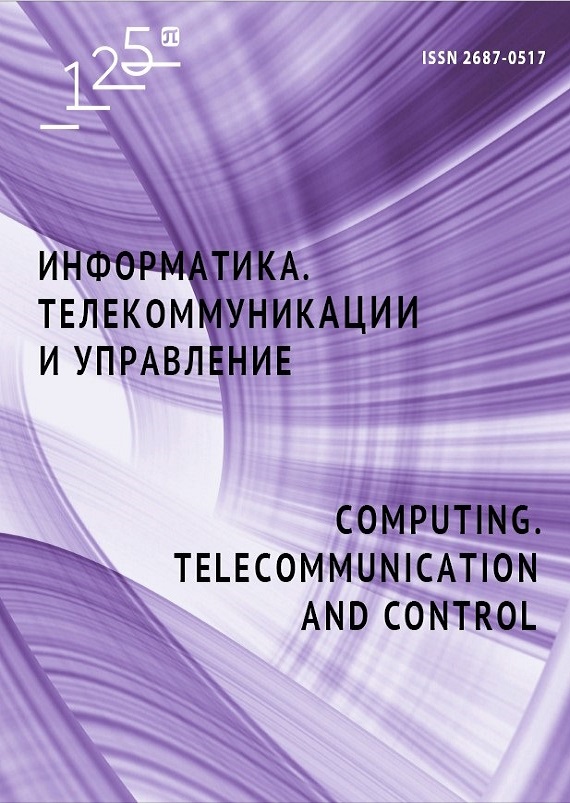Effectiveness evaluation of multi-agent control systems for autonomous underwater vehicles for underwater operation
The need to use groups of homogeneous and heterogenous robots in a confined space leads to the need for robots to interact with each other to prevent accidents and interfere with the work of other robots. And limited in speed and range communication channels do not allow remote control of each robot separately, that leads to the need to create multi-agent control systems or the ability of a group of robots to solve emerging problems without human intervention. This article discusses the effectiveness of such a group depending on the technical constraints of each robot and the number of robots in the group. The paper shows that an increase in the number of AUVs in a group leads to a significant increase in efficiency, but when a certain number is reached, the efficiency drops, because large groups of AUVs spend much more time changing lanes, and the increase in efficiency with an increase in the number of AUVs disappears.


